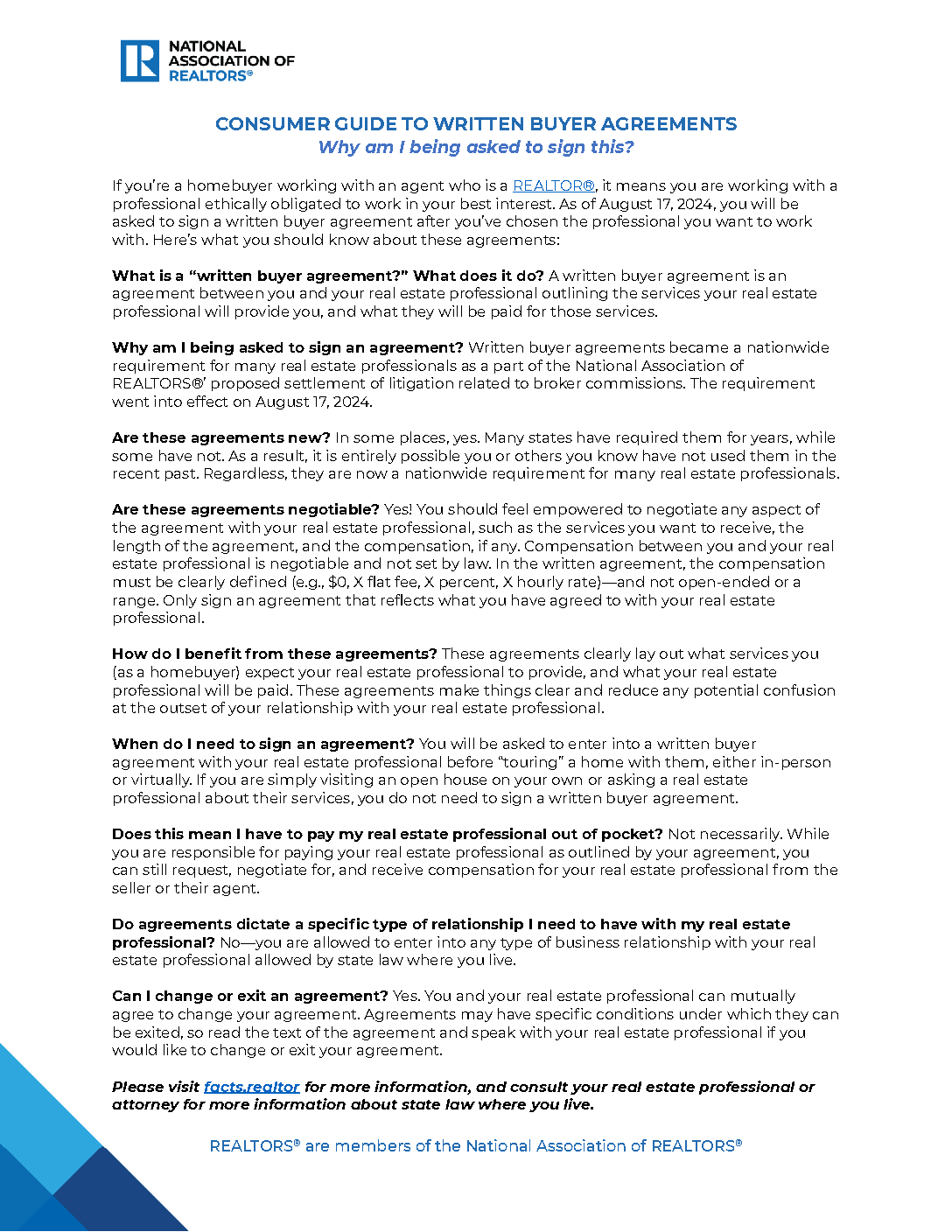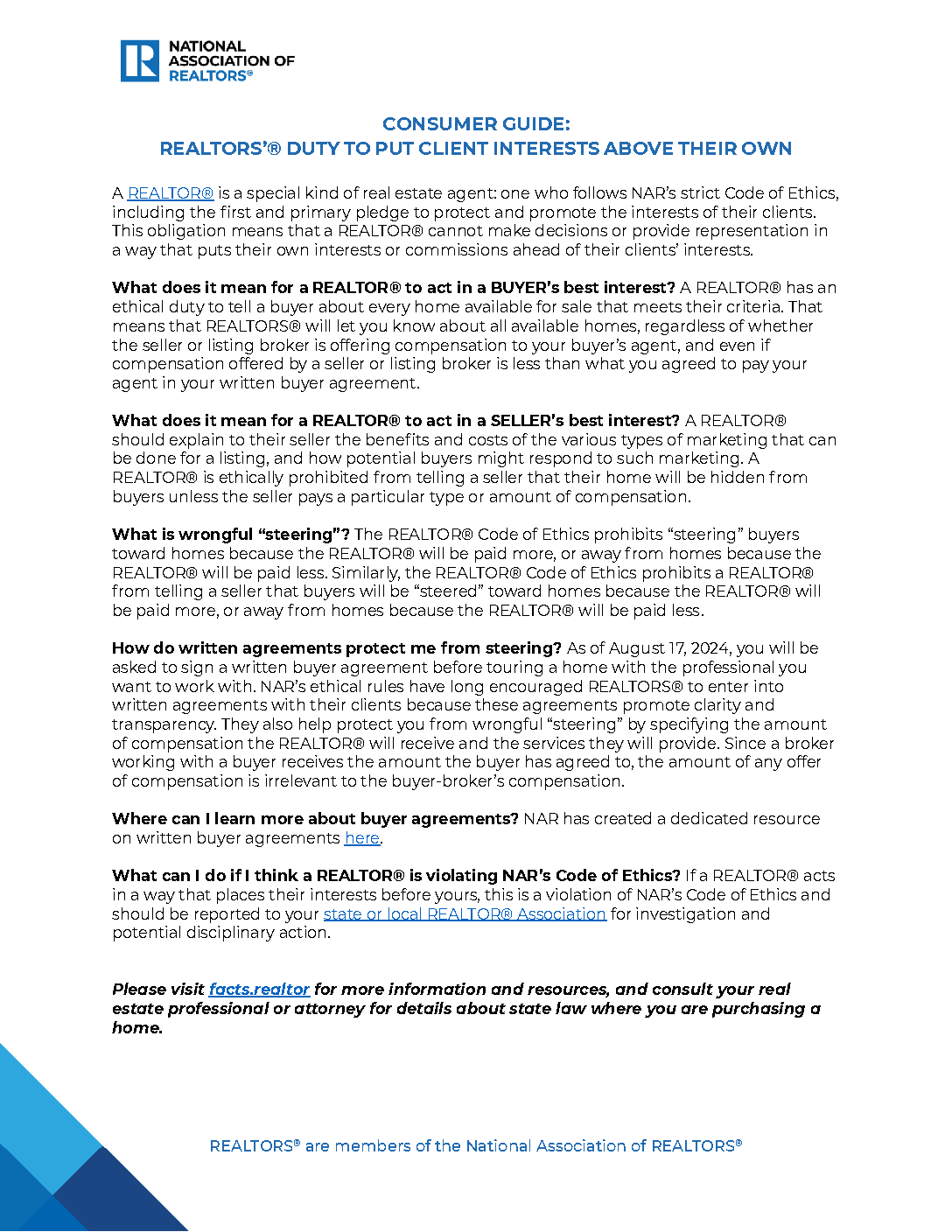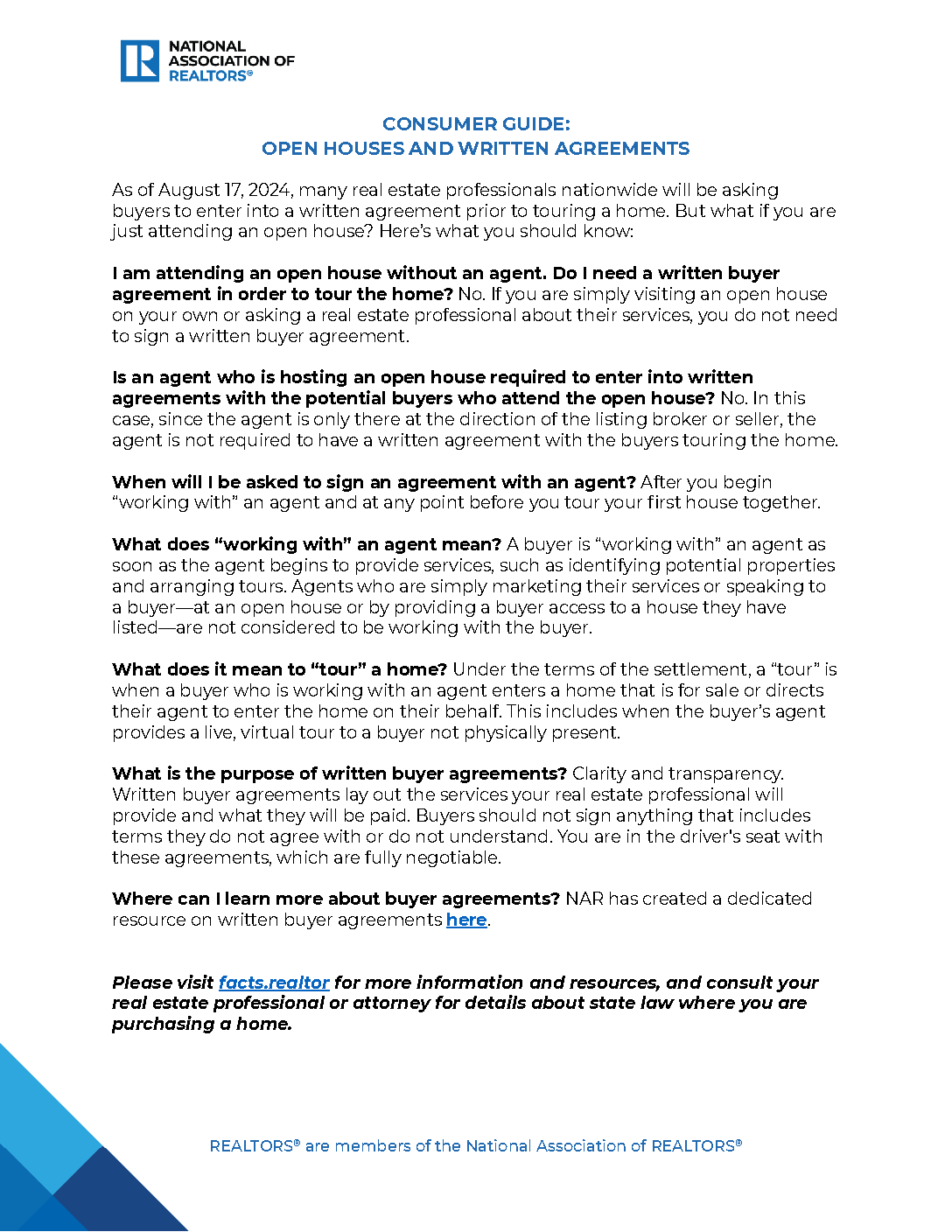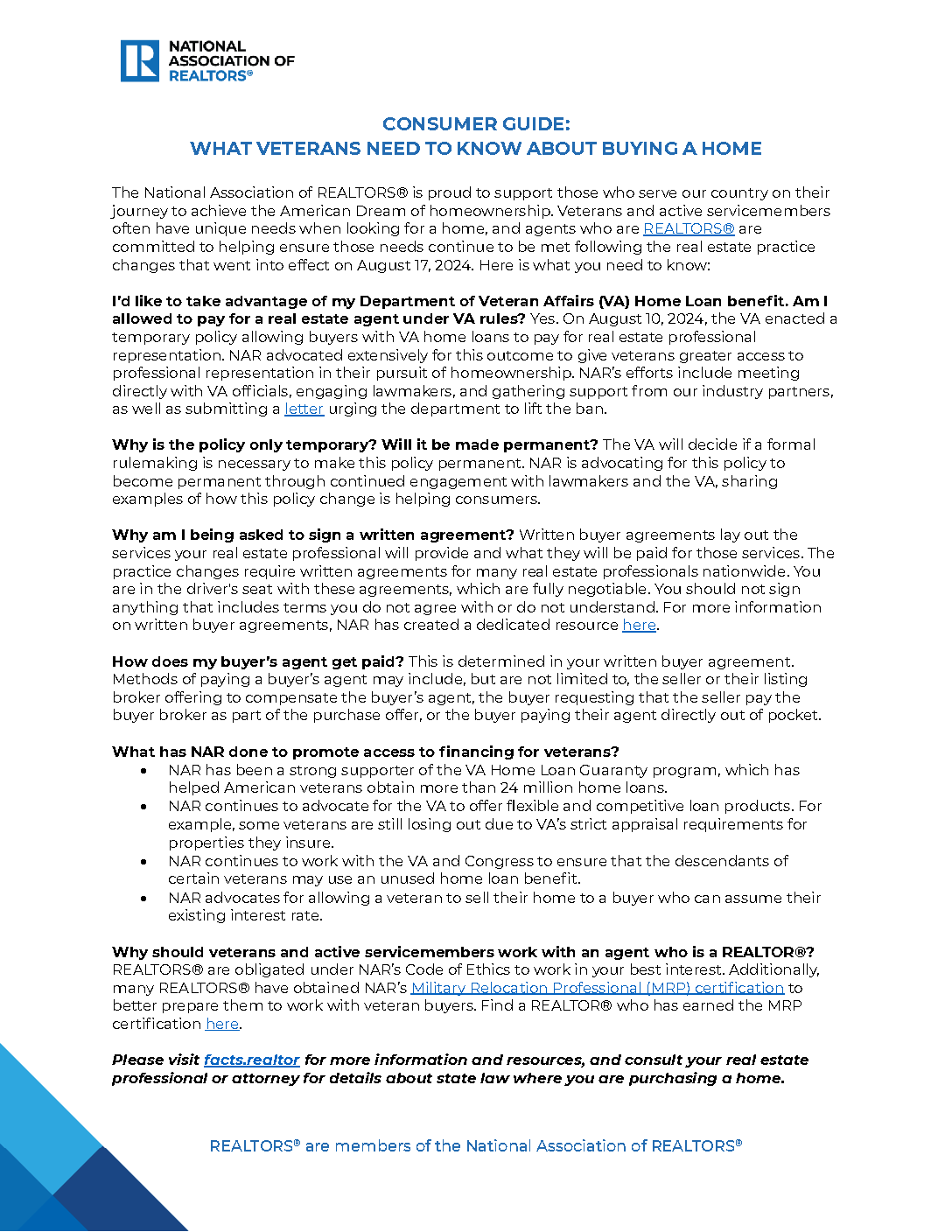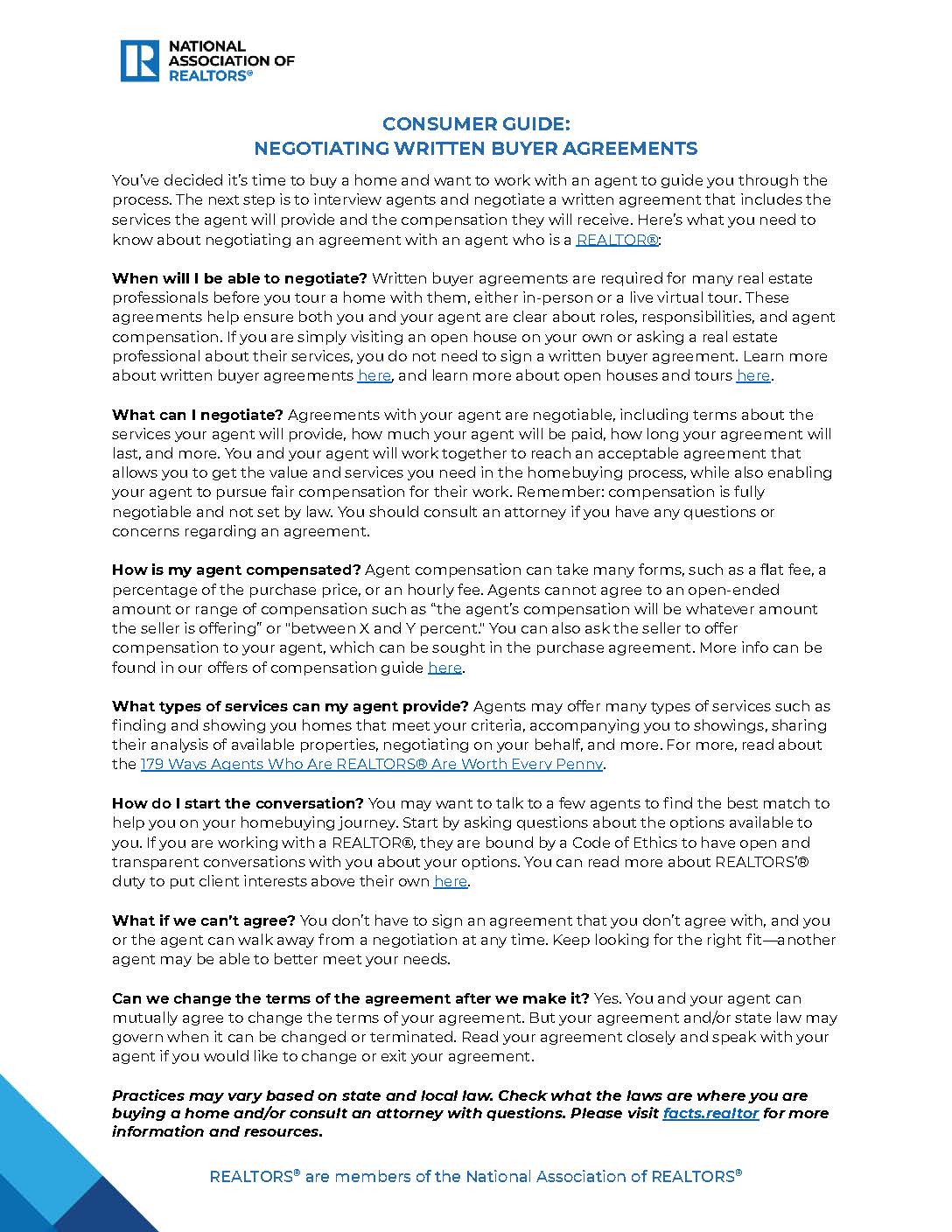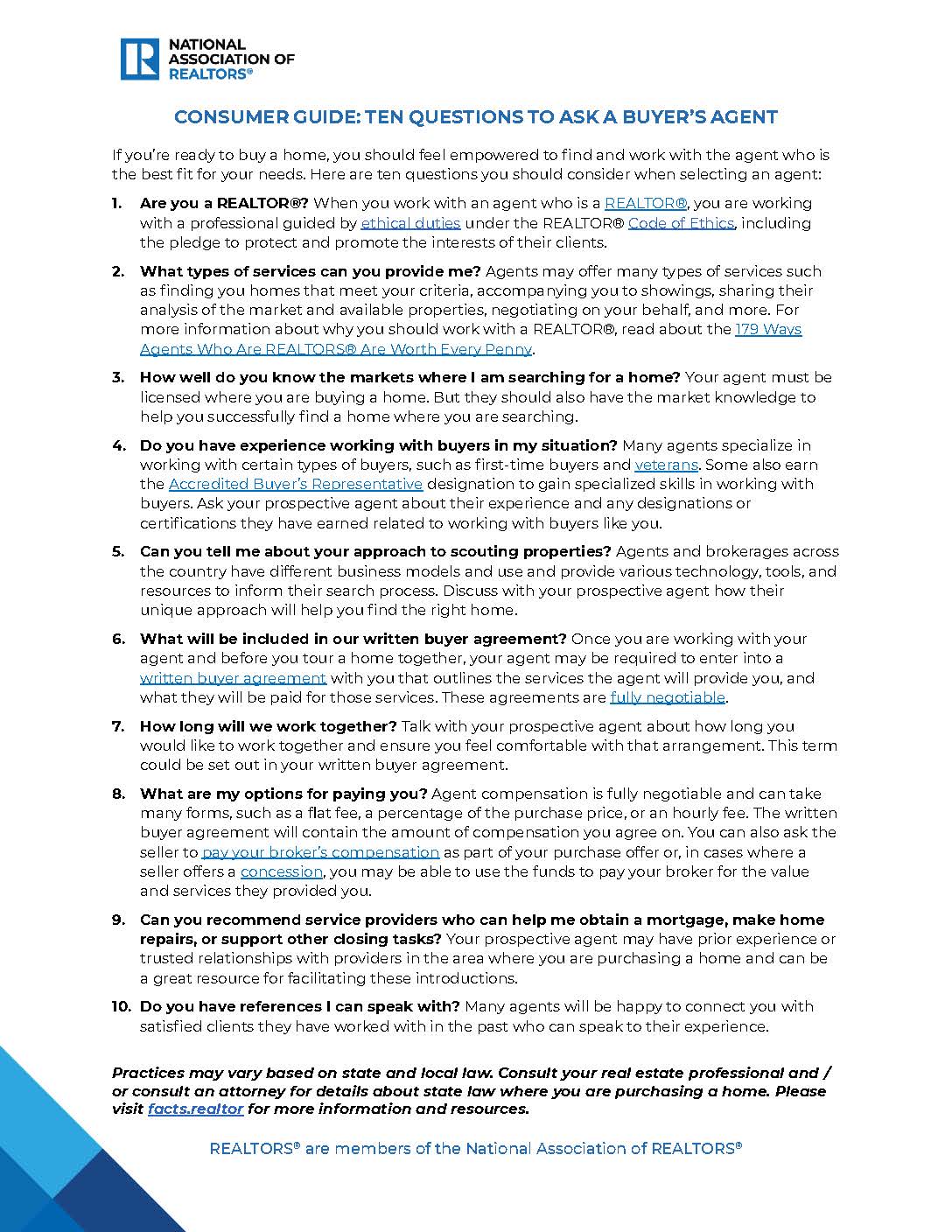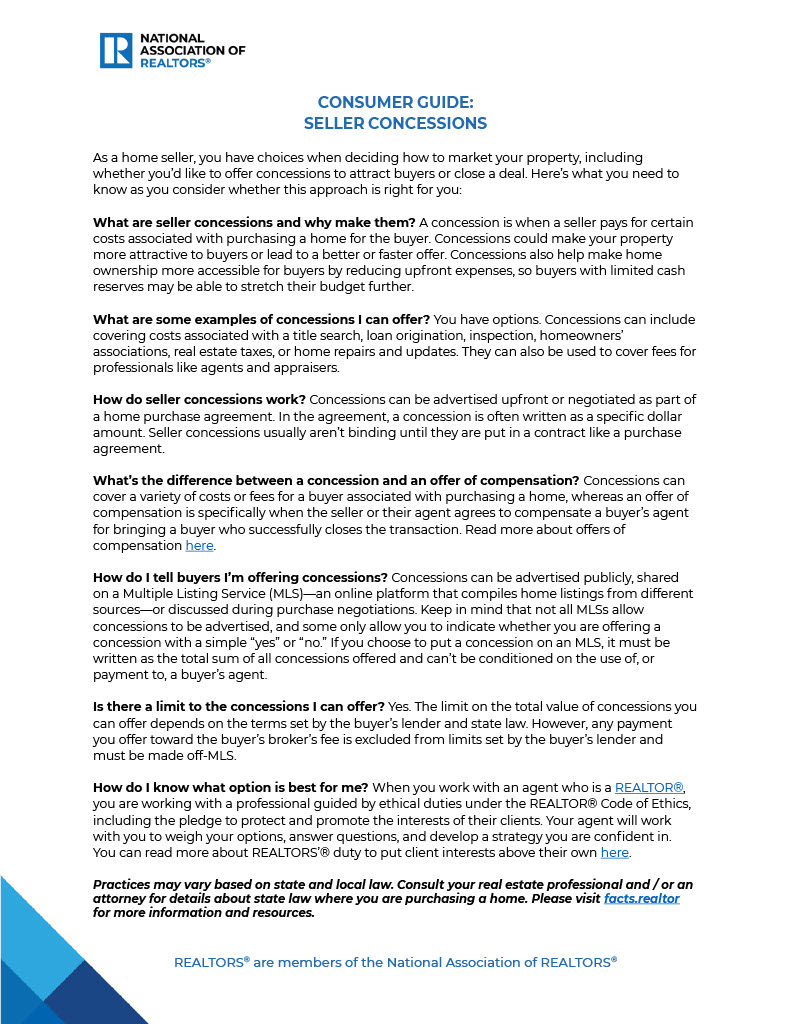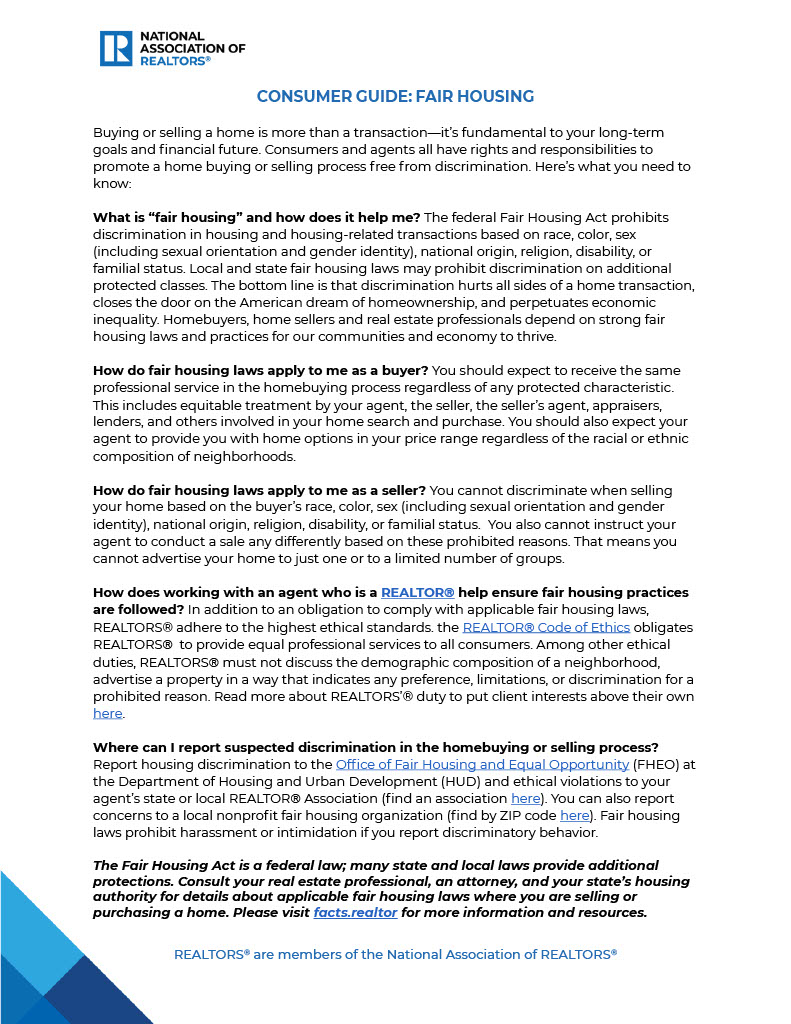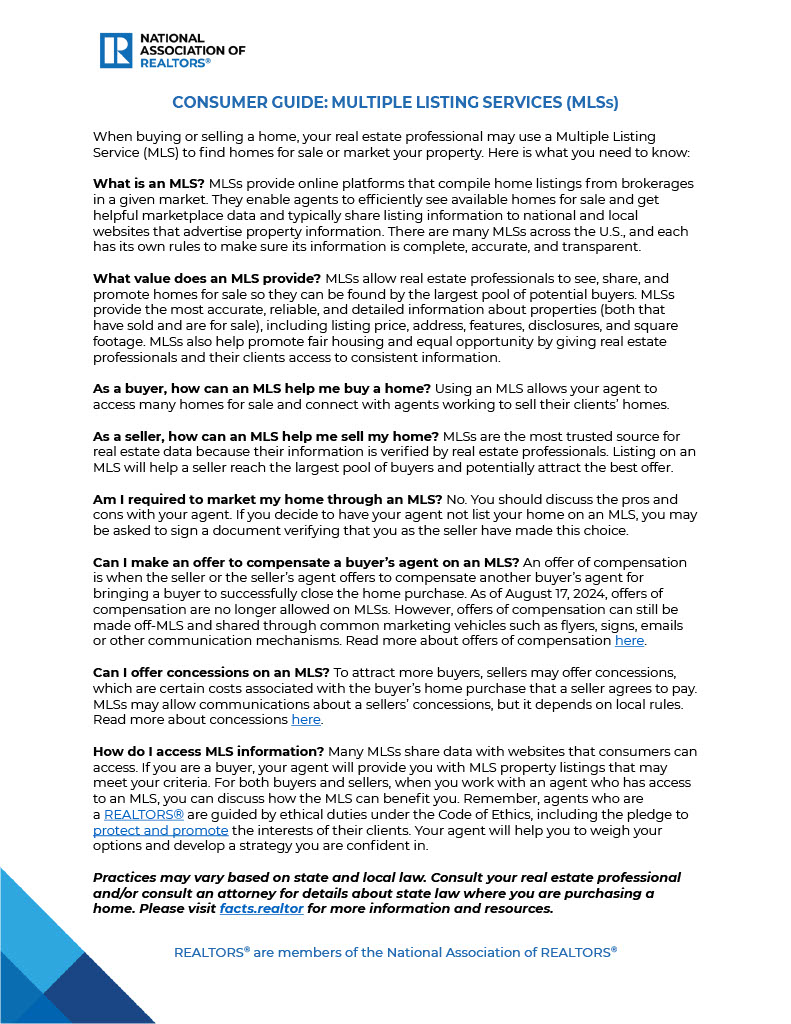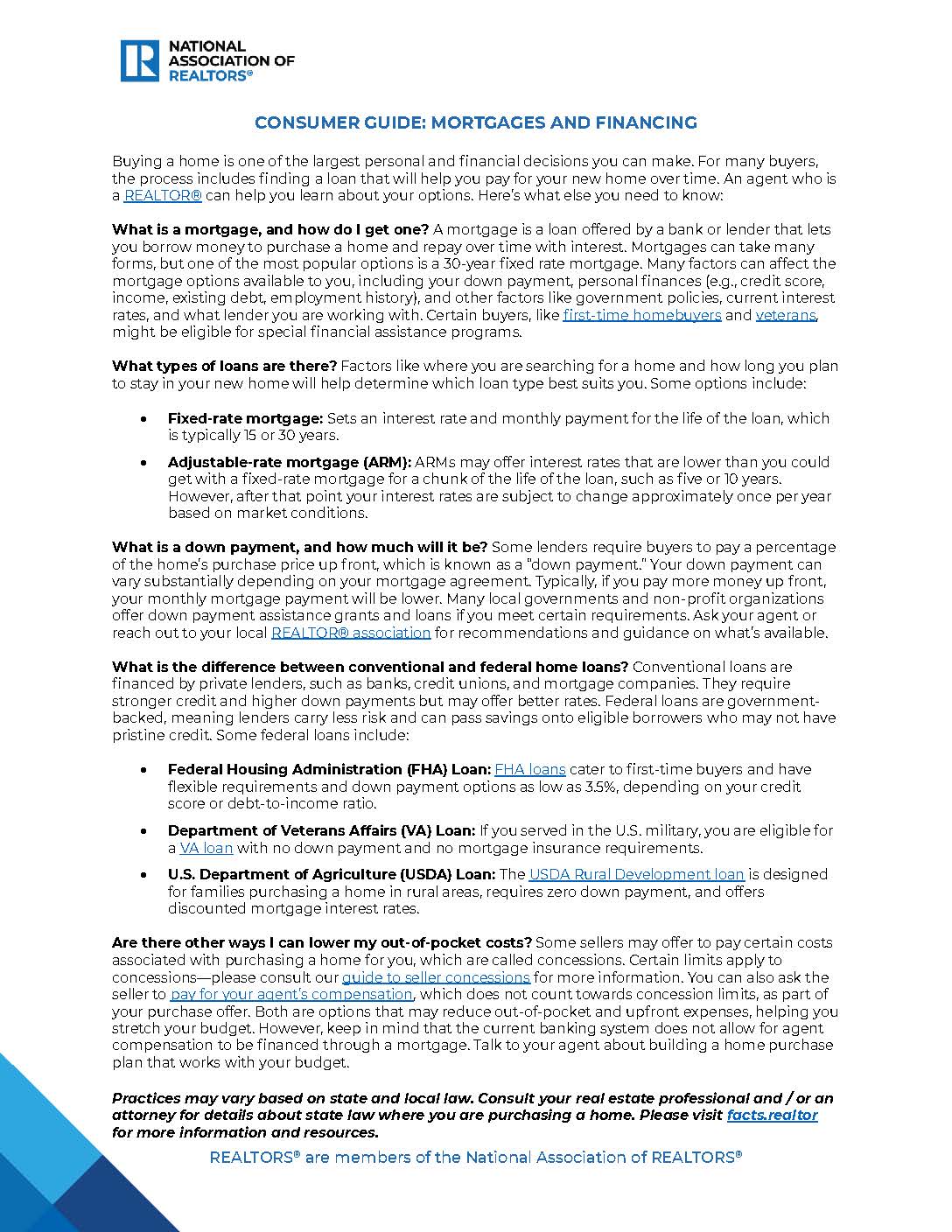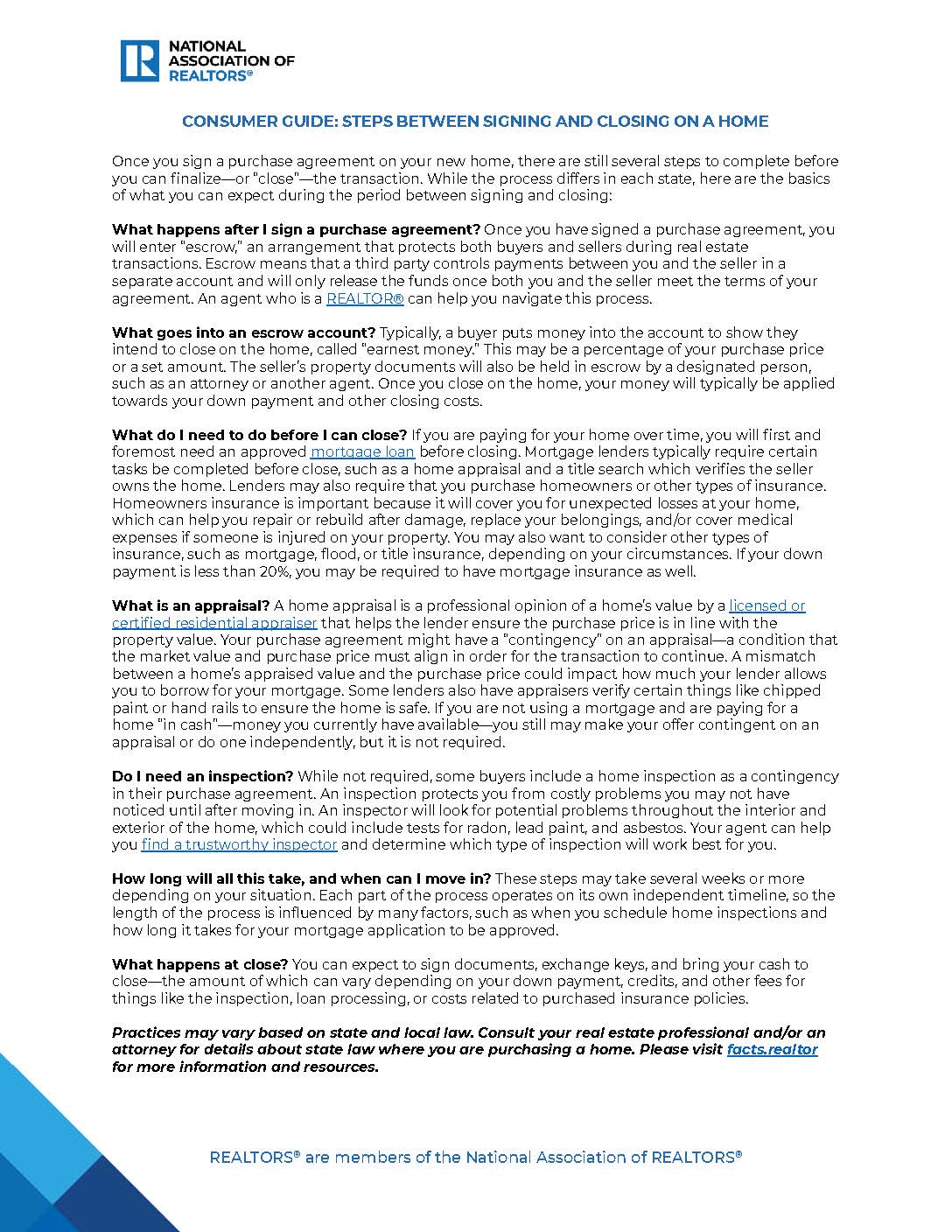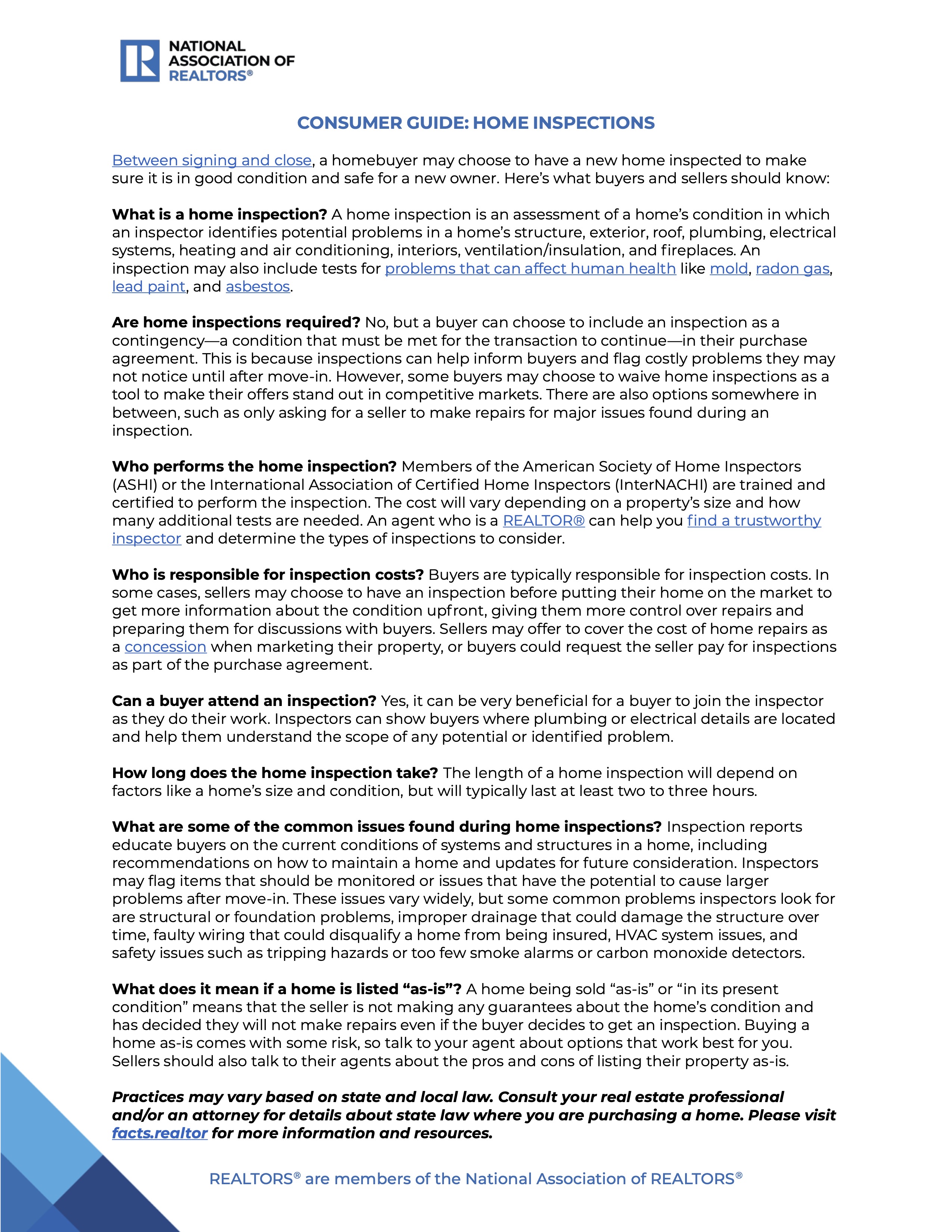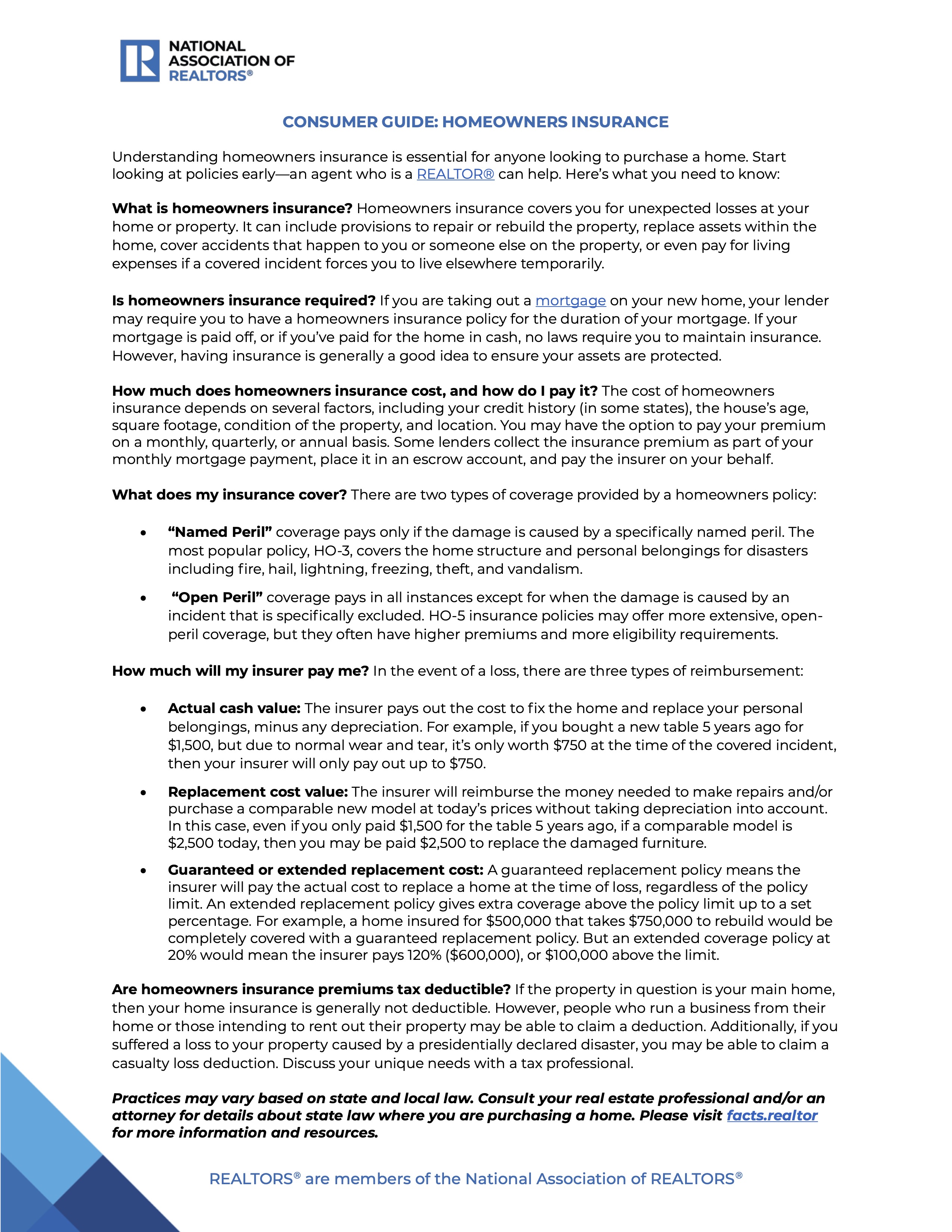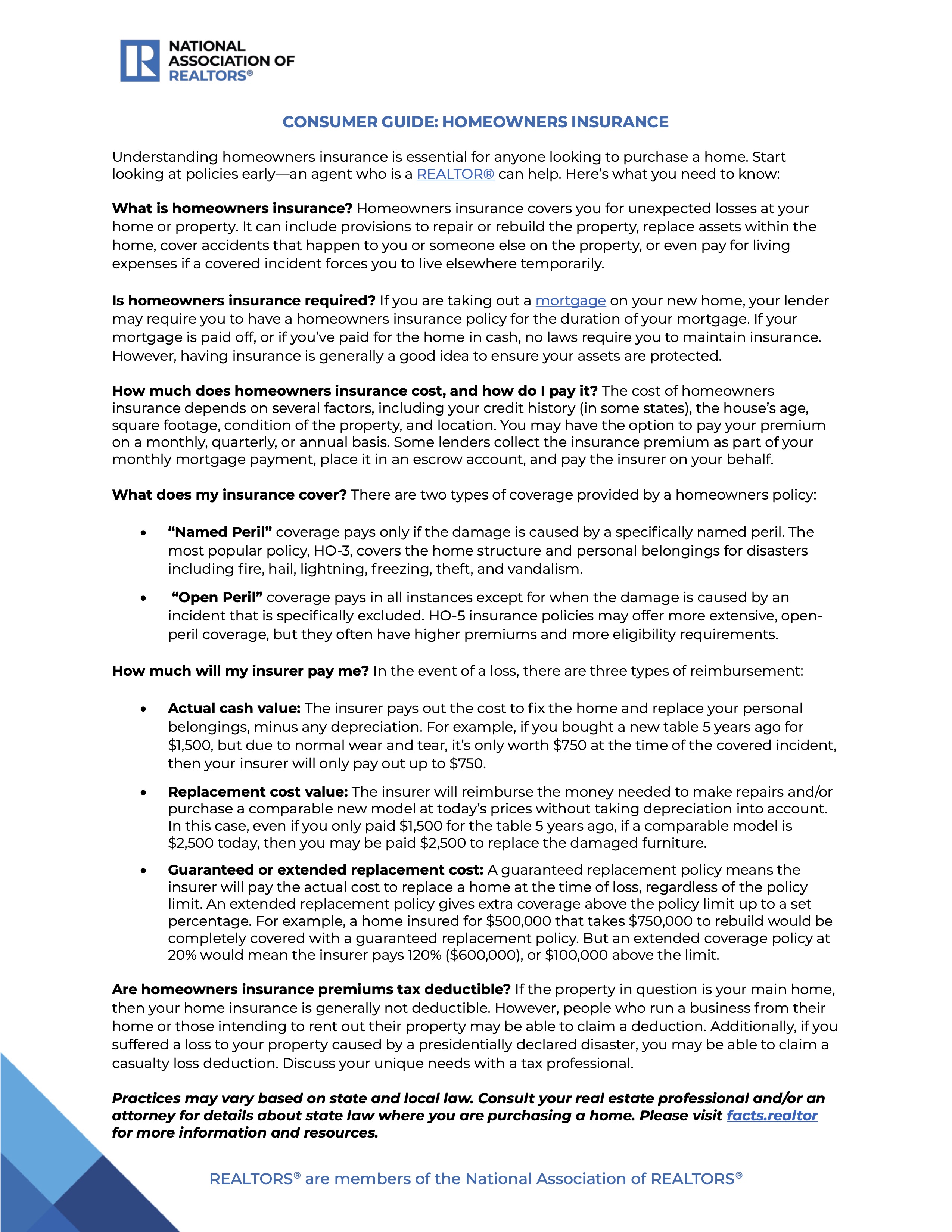Welcome, First-Time Homebuyers!
Buying your first home is an exciting milestone. Whether you’re just starting to explore your options or ready to make an offer, The Long Island Board of REALTORS® is here to empower you with trusted resources and expert advice to help you achieve your dream of homeownership on Long Island.
You are considered a first-time homebuyer if:
You’ve never owned a home before.
You haven’t owned a home in the past three years.
You’re now a single parent and previously owned a home only with a spouse.
These criteria are defined by the U.S. Department of Housing and Urban Development (HUD), and they open the door to special benefits and programs for first-time buyers.
How to Find the Right REALTOR®
A skilled REALTOR® can make all the difference in your homebuying journey. Here’s how to find the perfect match:
Ask for recommendations. Friends and family might already know a great REALTOR®.
Search for expertise. REALTORS® may specialize in first-time buyers, specific neighborhoods, or amenities like pet-friendly parks. Search for Long Island REALTORS® here.
Interview your options. A good fit is essential. Discuss their experience, services, and how they can help you achieve your goals. Consumer Guide: 10 Questions to Ask a Buyer’s Agent.
Once you’ve chosen a REALTOR®, you’ll sign a written agreement outlining their services and fees. Remember, REALTOR® fees are negotiable, so don’t hesitate to ask questions and customize the terms to fit your needs.
Financing Your First Home
Financing is a critical step, and there are many options to explore:
Loan Types: Conventional, FHA, USDA, and VA loans each have unique benefits and requirements.
Why Am I Being Asked To Sign A Written Buyer Agreement?
REALTORS’® Duty To Put Client Interests Above Their Own
Open Houses And Written Agreements
What Veterans Need To Know About Buying A Home
Negotiating Written Buyer Agreements
10 Questions to Ask Buyers Agent
Q&A for Home Buyers
Q&A for Home Sellers
Seller Concessions
Ten Questions To Ask A Seller’s Agent
Fair Housing
Multiple Listing Services (MLSs)
Buying Your First Home
Mortgages and Financing
Steps Between Signing and Closing
Agency and Non-Agency Relationships
Home Inspection
Appraisal Process
Homeowners Insurance
Homeowners insurance covers you for unexpected losses at your home or property. It can include provisions to repair or rebuild the property, replace assets within the home, cover accidents that happen to you or someone else on the property, or even pay for living expenses if a covered incident forces you to live elsewhere temporarily.
Understanding homeowners insurance is essential for anyone looking to purchase a home. Start looking at policies early—an agent who is a REALTOR® can help.

